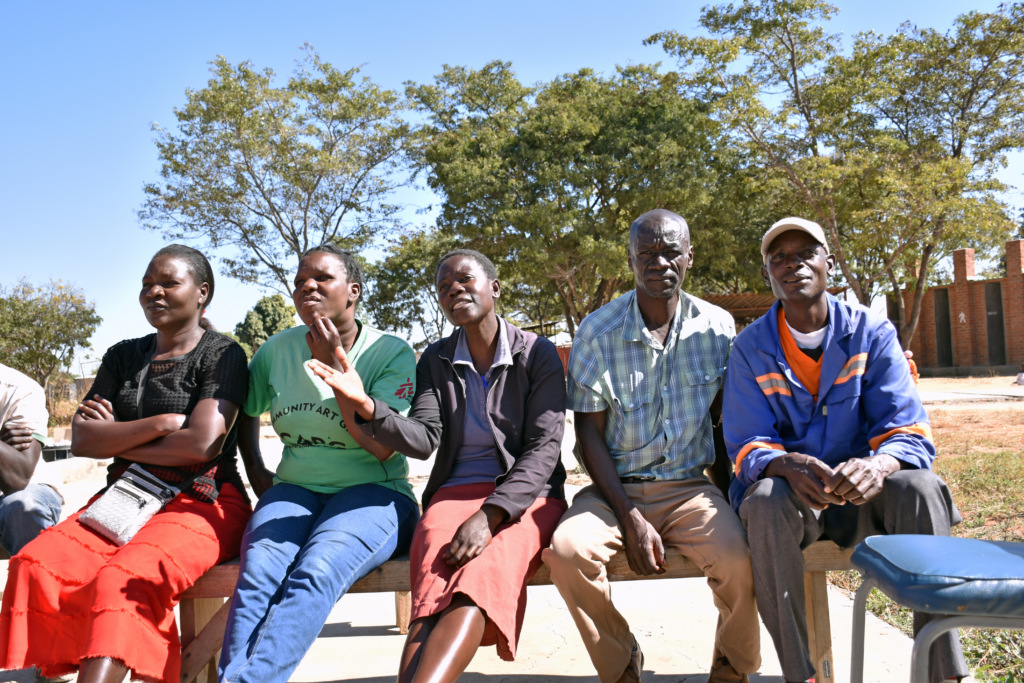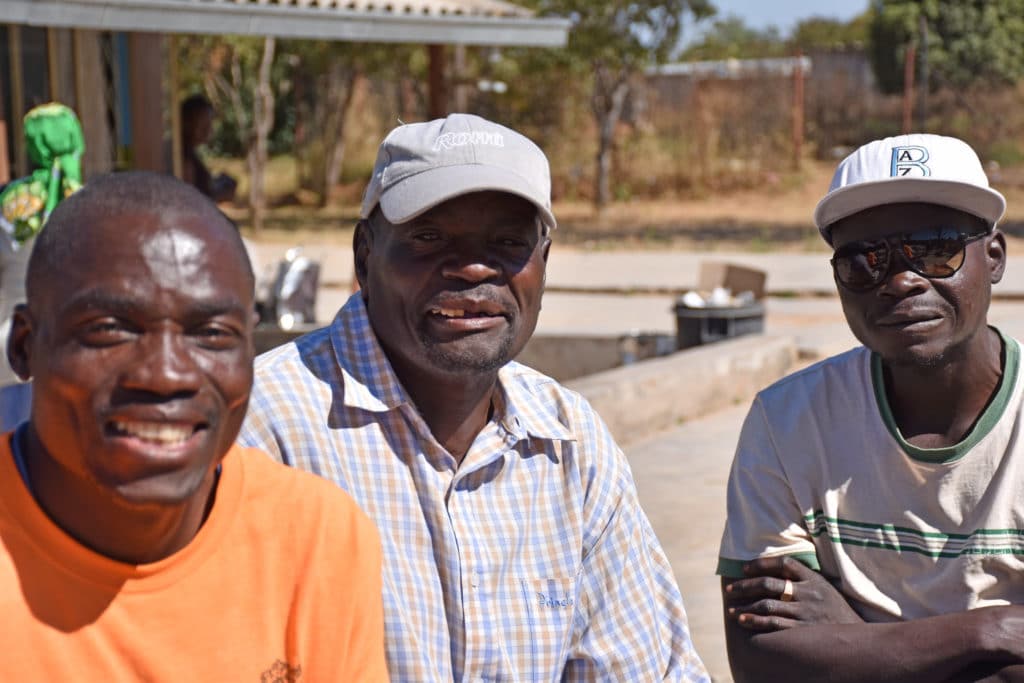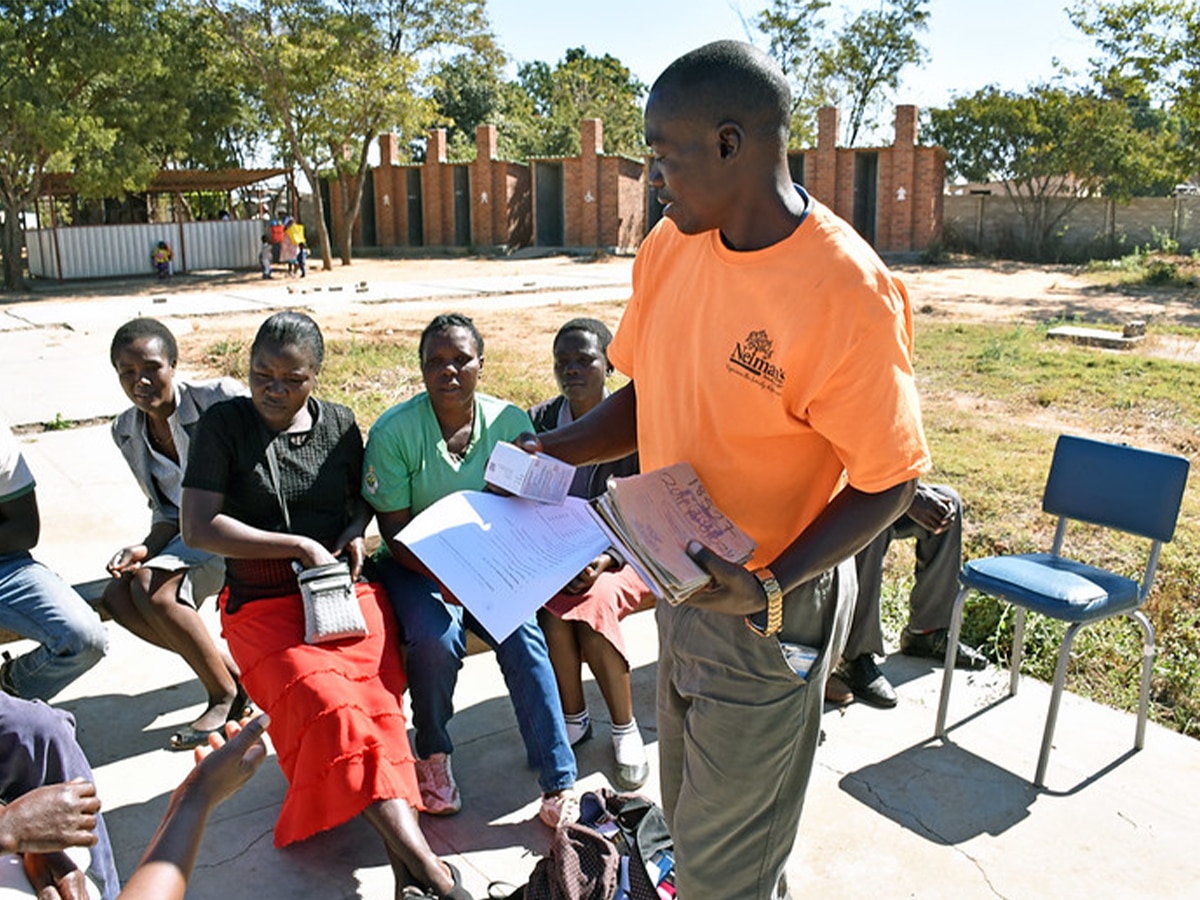Differentiated Service Delivery for Men

Examples of DSD Models for Men
Differentiated service delivery (DSD) models offer new opportunities to engage and retain men in HIV prevention and treatment. CQUIN supports member countries to pilot and scale up DSD models that accommodate men by creating environments where they can safely access high-quality services without fear of discrimination.
Examples include:
- Early-morning ART refills at clinics in Zambia and Eswatini, which provide recipients of care with the option to receive screening and medication before the morning rush. This model enables greater privacy for men who face discrimination or stigma when accessing services.
- Workplace HIV testing in Eswatini, which reduces barriers by enabling men to conveniently access services.
Case Studies
Male Engagement in Community Antiretroviral Refill Groups: Exploring Barriers and Facilitators to Differentiated Service Delivery in Zimbabwe
Zimbabwe’s Ministry of Health and Child Care (MOHCC) is scaling up a less-intensive DSD treatment model called Community ART Refill Groups (CARGs). Under this model, recipients of care who are doing well on treatment meet as a group in the community, providing one another with ongoing psychosocial support and sharing the burden of traveling to health facilities.
MOHCC was interested in understanding the facilitators and barriers to CARG participation by men living with HIV, who enroll in CARGs at lower rates than women. CQUIN and MOHCC conducted a qualitative study that included conducting focus group discussions with recipients of care and key informant interviews with community members, policymakers, health workers, and donors.
Results indicated that, while CARGs were well-received by participants and stakeholders alike, more effective educational and awareness campaigns, community-based anti-stigma campaigns, more flexible CARG design, and the provision of financial or in-kind support could mitigate many barriers to male enrollment.
Read more in this AIDS 2018 abstract and a 2019 article published in the Journal of the International AIDS Society.


Community-based Antiretroviral Therapy Versus Standard Clinic-based Services for HIV in South Africa and Uganda (DOART): A Randomised Trial
Summary Background: Community-based delivery of antiretroviral therapy (ART) for HIV, including ART initiation, clinical and laboratory monitoring, and refills, could reduce barriers to treatment and improve viral suppression, reducing the gap in access to care for individuals who have detectable HIV viral load, including men who are less likely than women to be virally suppressed. We aimed to test the effect of community-based ART delivery on viral suppression among people living with HIV not on ART.
Read more in this 2020 article published in The Lancet.

